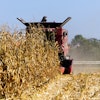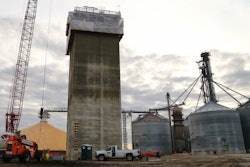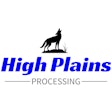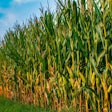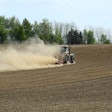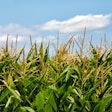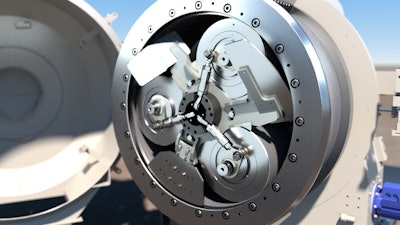
It's important to determine whether a roller mill or hammermill is the right option for your feed milling application, according to an IPPE 2023 Tech Talk Roller Mills vs. Hammermills: A Comparison of Grind Profiles, presented by ANDRITZ Feed & Biofuel.
The right application depends on the particle reduction required for the milling job. The presentation broke down the main differences between roller mill and hammermills.
Roller mills
Roller mills accomplish particle reduction by a combination of compression and shearing between two rolls — compression when the rolls rotate at the same speed and shearing when the rolls rotate at differing speeds.
Roller mills are typically configured in one, two or three pairs high to provide gradual particle reduction. Low speed and gradual reduction reduces the amount of fines produced during the size reduction process.
The ideal application for roller mills include grain cracking, crimping, flaking or crumbling. For particle size reduction, roller mills consume less energy than hammer mills.
Hammermills
Hammermills accomplish particle reduction by using a hammer to pound grain through a screen. Hammermills require higher energy consumption to grind grains, however, the equipment has fewer pieces to maintain than a roller mill has.
Hammermills require regular maintenance including bearing lubrication, coupling alignment, screen conditioning, and hammer and pin conditioning. Hammermills are ideal for feed pelleting applications.
The right combination of equipment will ensure the required grinding results and create optimum conditions for subsequent process, such as mixing, pelleting, and extrusion.
IPPE is the world's largest trade show for the poultry, feed and meat industries. IPPE Tech Talks offer short educational presentations by exhibitors regarding operations and technical issues critical to all aspects of the feed, meat and poultry industries.


